Acknowledgments
FOR HIS UNWAVERING support and kindness over many years, and for being my teacher, my first debt of gratitude goes to Jonathan Spence. Knowing that he believed in me, even when I didn't, has made all the difference. It has been, and always will be, an honor to be his student. Along the way, I have also had the singularly good fortune of finding many other teachers and mentors. At Yale, Beatrice Bartlett, Annping Chin, Valerie Hansen, Jim Scott, and Keith Wright son helped me become the historian that I aspired to be. At Williams College nearly twenty years ago, I walked into Gail Hershatter's class on a whim. It changed my life forever. Carol Benedict then nurtured my interest in Chinese history, and patiently tolerated my flirtation with postmodern theory.
At Princeton, the History and East Asian Studies departments have provided an intellectually stimulating environment to work. Ben Elman, Shel Garon, David Howell, and Sue Naquin have been the most generous and supportive of colleagues. Margo Canaday, Joy Kim, Michael Laffan, Bhavani Raman, and Rebecca Rix have provided friendship and encouragement. I am grateful to Kevin Kruse, Bill Jordan, Dave Leheny, Dan Rodgers, and Marni Sandweiss for taking the time to provide feedback on my manuscript as it morphed into book form. Michael Gordin deserves special thanks for his wise counsel on matters big and small, and for talking me off the ledge innumerable times.
Henrietta Harrison and David Strand both read this work at its clumsy dissertation stage, responding to an unsolicited request from an unknown person. Their perceptive and detailed comments sharpened my thinking. At the eleventh hour, Rob Culp, Eugenia Lean, and especially Keith Wailoo helped me wrestle the Introduction into shape, an act of rescue that I will never forget. Two readers for Princeton University Press read the manuscript with great care and provided nuggets of gold in their comments. Their suggestions helped me immeasurably as I made the final revisions.
This book would not have been possible without access to the rich archival materials in China. I am grateful to the staff of the First Historical Archive in Beijing, the Second Historical Archive in Nanjing, the Beijing Municipal Archive, the Shanghai Municipal Archive, and the Shanghai Library for their assistance. At Yale's East Asia Library, Sarah Elman, Ellen Hammond, and Tao Yang did more to help me finish my dissertation than they remember. At Princeton's Gest Library, Martin Heijdra and Gonul Yurkal have been my guardian angels. The kind archivists at the Salvation Army Heritage Center on three continents (in London, Alexandria, Virginia, and Melbourne) helped me navigate research from afar. In addition, Lindsey Cox graciously granted permission to publish George Walker's photographs, which appear on the cover and in .
From inception to completion, many institutions provided the financial support that made it possible for me to do the research for this book, and to write it. The Prize Fellowship from Yale's Council on East Asian Studies, the Chiang Ching-kuo Foundation, the American Council of Learned Societies, Princeton University, and Yale University have been generous beyond what a historian studying poverty deserved. For their able research assistance at critical junctures, thanks are due to Melinda Clyne, Li Zhongyong, Mao Sheng, and Ye Minlei. Minlei also made the arrangements for a memorable tour of the Subei countryside in the summer of 2010, which helped me see the place in a completely different light. Finally, at Princeton University Press Clara Platter and Benjamin Holmes ably shepherded this project through the editorial and production processes. I am grateful to Joseph Dahm for his expert copyediting, and Dmitri Karetnikov for taking the extra time to rescue my illustrations.
Many friends have offered encouragement and support through the years, when this book was in the constant state of being almost finished. Lisa Uebelacker has provided free therapy since we lived in the same dorm in 1993. Lorraine Paterson, Zadie Kenkare, and Rebecca Rix saved me from myself on countless occasions. In Beijing, Nancy Chen and Jonathan Fritz opened their home to me and fed me vegetarian dumplings by the kilo.
A small army of babysitters has helped me patch together the time to finish this book. There are far too many to name individually, but a few deserve special thanks: Faridah and Daniel Laffan, for turning babysitting into playdates; Sharon Wittlesey, for being dependable; and the Soffer in-laws, Oved, Tanya, Gad, and Katie, for being always willing to pitch in. My father, Paul Chen, did not change any diapers, but he did help me with many translations, especially with rendering idiomatic Chinese phrases into colloquial English. Above all, my mother Susie Chen logged two bitterly cold winters in Connecticut and New Jersey when both children were born, so that I could keep my head above water. For everything she has done, I can never thank her enough.
And to my family: Eli and Natalia, the delight of my life, and Benny, who has been there every step of the waythis is for you.
Princeton, New Jersey
May 2011
Bibliography
Beijing Municipal Archive  (BMA).
(BMA).
Dwight Edwards Papers, Special Collections, Yale Divinity School Library.
First Historical Archive, Beijing  (FHA).
(FHA).
John and Stella Fisher Burgess Papers, Manuscripts Division, Department of Rare Books and Special Collections, Princeton University Library (JSFB Papers).
Ida Pruitt Papers, Schlesinger Library, Radcliffe Institute, Harvard University (Ida Pruitt Papers).
Second Historical Archive, Nanjing  (NJ).
(NJ).
Shanghai Municipal Archive  (SMA).
(SMA).
Shanghai Municipal Police Archives, National Archives and Records Administration, microfilm edition (SMP).
Alitto, Guy. The Last Confucian: Liang Shu-ming and the Chinese Dilemma of Modernity.
Berkeley: University of California Press, 1979.
Andrews, Bridie. The Making of Modern Chinese Medicine, 1895-1937. Ph.D. dissertation, University of Cambridge, 1996.
. Tuberculosis and the Assimilation of Germ Theory in China, 1895-1937. Journal of the History of Medicine and Allied Sciences 52 (1997), 114-51.
Annual Report of the Shanghai Municipal Council. Shanghai.
Arkush, R. David. Fei Xiaotong and Sociology in Revolutionary China. Cambridge, Mass.: Harvard University Press, 1981.
Arnold, Julean. Some Bigger Issues in China's Problems. Shanghai, 1928.
Bailey, Paul J. Reform the People: Changing Attitudes towards Popular Education in Early Twentieth-Century China. Vancouver: University of British Columbia Press, 1990.
Baojia shu jiyao (Summary of baojia regulations). Comp. Xu Dong
(Summary of baojia regulations). Comp. Xu Dong  1868.
1868.
Beckett, Hal. Save the World Army: Adventures of Two Pioneering Salvationists in North China. London: Salvationist, 1947.
Beier, A. L. Masterless Men: The Vagrancy Problem in England, 1560-1640. London: Methuen, 1985.
Beijing difanggefuwutuan baogao
Next page
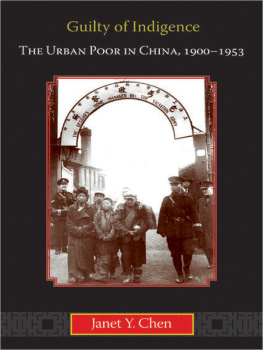
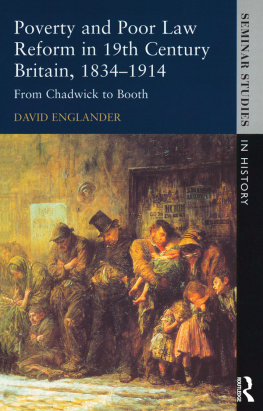

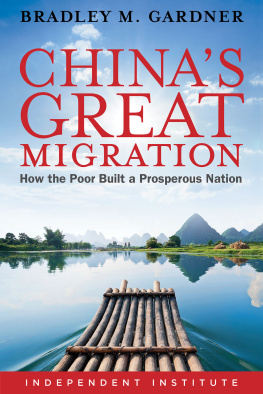
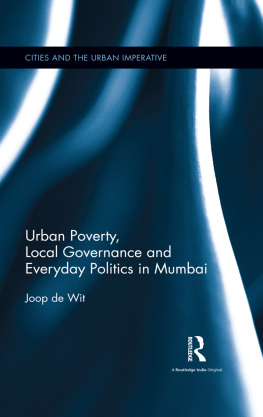
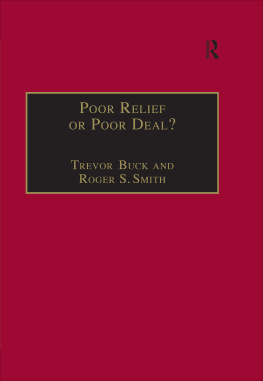
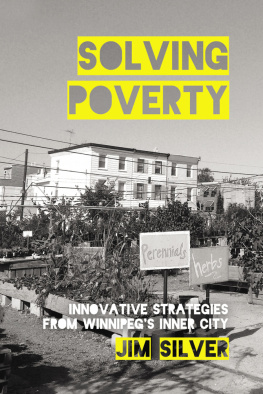
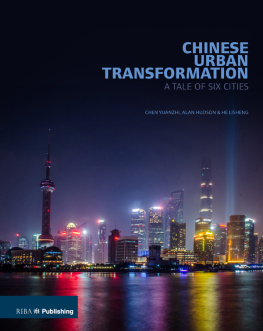
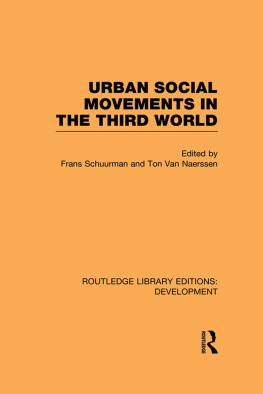
 (BMA).
(BMA). (FHA).
(FHA). (NJ).
(NJ). (SMA).
(SMA). (Summary of baojia regulations). Comp. Xu Dong
(Summary of baojia regulations). Comp. Xu Dong  1868.
1868.